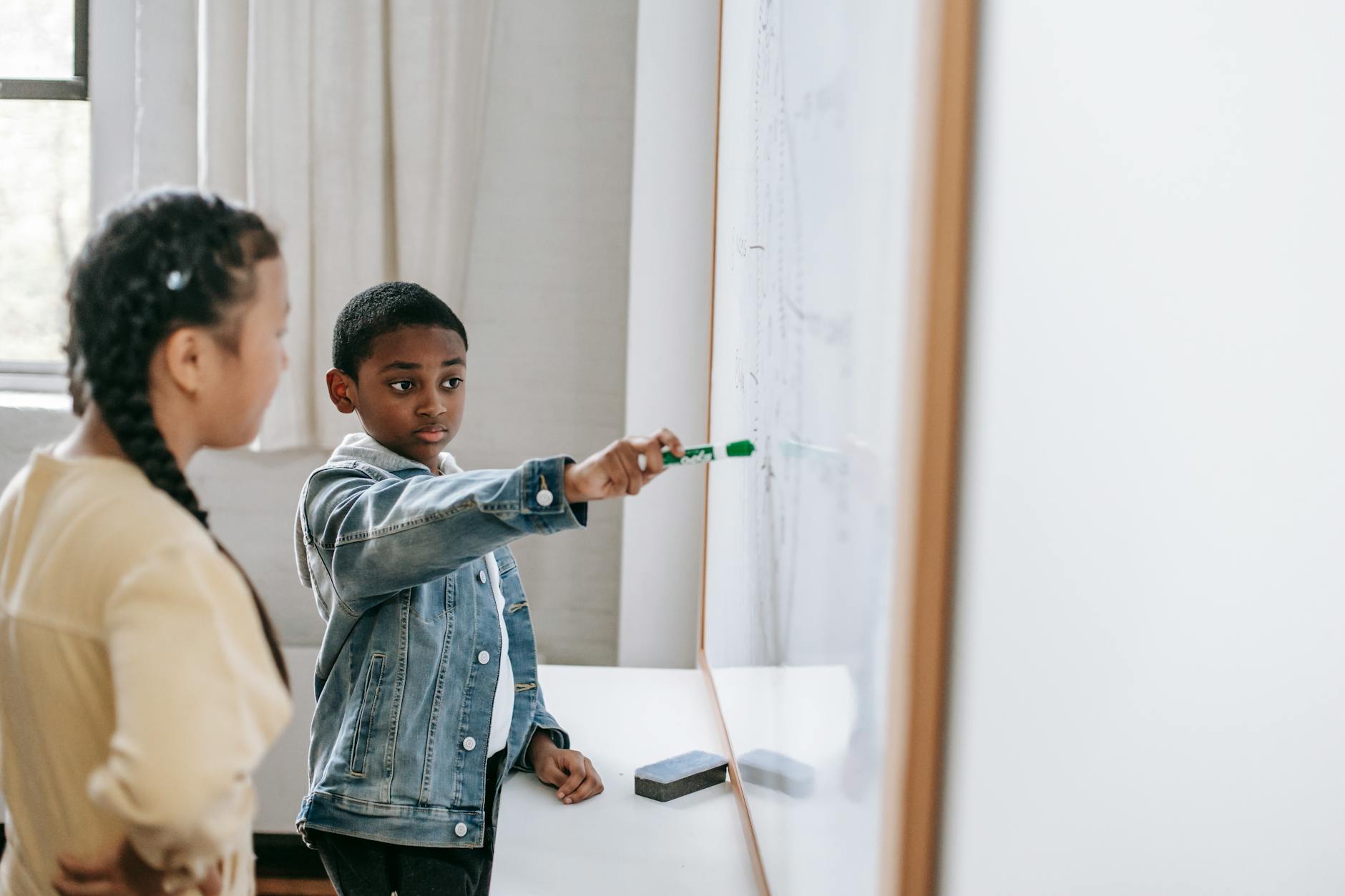
How to Learn New Skills?
Introduction
Learning new skills is an essential aspect of personal and professional growth. Whether you want to excel in your career, pursue a hobby, or simply broaden your horizons, acquiring new skills opens doors to endless opportunities. In this article, we’ll explore effective strategies and techniques to help you embark on a journey of continuous learning.
Understanding the Importance of Learning New Skills
Why Learning New Skills Matters
In today’s fast-paced world, the only constant is change. Embracing lifelong learning allows you to adapt to evolving circumstances, remain competitive, and stay relevant in your field.
Benefits of Acquiring New Skills
Learning new skills enhances your cognitive abilities, boosts your confidence, and increases your employability. It also fosters personal fulfillment and enriches your life experiences.
Identifying Your Learning Style
Visual, Auditory, or Kinesthetic Learner?
Understanding your preferred learning style can optimize your learning process. Visual learners grasp information through images and diagrams, while auditory learners benefit from listening to lectures or discussions. Kinesthetic learners, on the other hand, learn best through hands-on experiences.
Tailoring Your Learning Approach
Adapting your learning methods to align with your preferred style can enhance retention and comprehension. Experiment with different techniques to determine what works best for you.
Setting Clear Goals
Specific, Measurable, Achievable, Relevant, and Time-Bound (SMART) Goals
Establishing clear and realistic learning objectives provides direction and motivation. SMART goals enable you to track your progress effectively and stay focused on your desired outcomes.
Finding the Right Resources
Online Courses, Books, Tutorials, Workshops, etc.
With a plethora of resources available, choosing the right ones can be overwhelming. Conduct research, read reviews, and seek recommendations to identify reputable sources that suit your learning preferences and objectives.
Creating a Learning Schedule
Time Management Strategies
Effective time management is crucial for integrating learning into your daily routine. Allocate dedicated time slots for learning activities and prioritize them accordingly.
Consistency Is Key
Consistent practice fosters skill acquisition and retention. Establishing a regular study schedule helps cultivate discipline and ensures steady progress over time.
Utilizing Technology and Tools
Apps, Software, and Platforms for Skill Development
Take advantage of technology-driven learning tools to enhance your learning experience. From language learning apps to coding platforms, there’s a wealth of digital resources available to cater to diverse learning needs.
Embracing Continuous Learning
Lifelong Learning Mindset
Adopting a growth mindset enables you to embrace challenges, learn from failures, and continuously evolve. Cultivate a thirst for knowledge and remain open to new opportunities for learning and growth.
Overcoming Challenges and Setbacks
Learning new skills inevitably involves facing obstacles and setbacks. View challenges as learning opportunities, seek support when needed, and persevere with resilience and determination.
Seeking Feedback and Support
Mentors, Peers, and Communities
Engage with mentors, join peer groups, or participate in online communities to gain valuable insights, feedback, and encouragement. Collaborative learning environments foster camaraderie and facilitate knowledge sharing.
Practicing Regularly
Deliberate Practice Techniques
Deliberate practice involves focused, structured, and purposeful efforts to improve specific skills. Break down complex tasks into manageable components, identify areas for improvement, and engage in targeted practice sessions.
Importance of Repetition and Refinement
Repetition is fundamental to skill mastery. By repeatedly practicing and refining your techniques, you reinforce neural pathways, deepen your understanding, and enhance proficiency.
Staying Motivated
Celebrating Small Victories
Acknowledge and celebrate your progress, no matter how small. Recognizing your achievements boosts morale and reinforces your commitment to continued learning.
Keeping the End Goal in Mind
Maintain clarity about your long-term objectives to sustain motivation during challenging times. Visualize your desired outcomes and stay focused on the rewards awaiting you upon mastery of the skill.
Dealing with Plateaus
Strategies to Overcome Skill Stagnation
Plateaus are a natural part of the learning process. Experiment with new approaches, seek feedback, and explore supplementary resources to reignite your progress and break through barriers.
Expanding Your Skill Set
Diversifying Your Learning Portfolio
Explore diverse domains and disciplines to broaden your skill set and cultivate interdisciplinary expertise. Embrace the opportunity to step outside your comfort zone and acquire versatile competencies.
Interdisciplinary Learning
Interdisciplinary learning fosters creativity, innovation, and holistic problem-solving abilities. Drawing connections between seemingly unrelated fields expands your perspective and enriches your cognitive flexibility.
Applying New Skills
Real-World Applications
Bridge the gap between theory and practice by applying newly acquired skills in real-world scenarios. Experimentation and practical application deepen your understanding and reinforce learning outcomes.
Building Confidence Through Practice
Confidence grows with competence. By actively applying your skills and witnessing tangible results, you cultivate self-assurance and develop a sense of mastery over your abilities.
Conclusion
Learning new skills is a transformative journey that enriches your personal and professional life. By embracing a growth mindset, setting clear goals, leveraging diverse resources, and practicing consistently, you can unlock your full potential and thrive in an ever-changing world.
How do I improve my lifestyle?
What is Life Personal Development?
What are the Six Aspects of Personal Development?
Key Elements of Personal Development
FAQs
- How long does it take to learn a new skill?
- The time required to learn a new skill varies depending on factors such as complexity, prior knowledge, and individual learning pace. Consistent practice and dedication are key to mastering any skill.
- Is it possible to learn multiple skills simultaneously?
- While learning multiple skills simultaneously is feasible, it requires effective time management, prioritization, and a clear understanding of your learning capacity. Focus on balancing breadth and depth to avoid overwhelm.
- What are some effective ways to overcome procrastination while learning?
- Breaking tasks into smaller, manageable steps, setting deadlines, and creating a conducive learning environment can help combat procrastination. Additionally, finding accountability partners or utilizing productivity techniques such as the Pomodoro method may enhance focus and productivity.
- How can I measure my progress when learning a new skill?
- Tracking your progress through measurable milestones, self-assessment, and feedback from mentors or peers can provide valuable insights into your development. Set specific benchmarks and regularly evaluate your performance to gauge improvement.
- What should I do if I feel overwhelmed while trying to learn a new skill?
- If you feel overwhelmed, take a step back and reassess your approach. Break down the learning process into smaller, manageable tasks, prioritize your objectives, and seek support from mentors or communities. Remember to practice self-care and maintain a positive mindset to navigate challenges effectively.






















